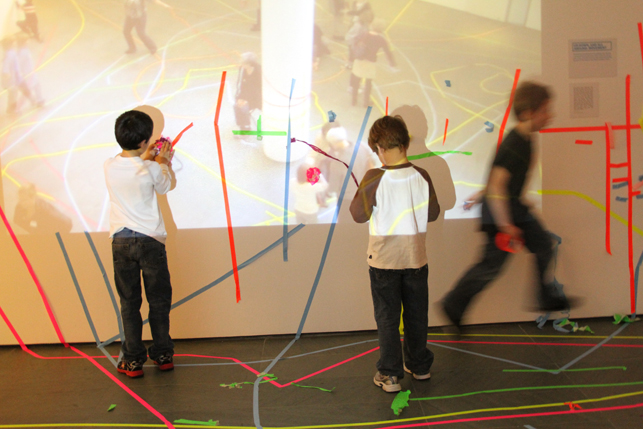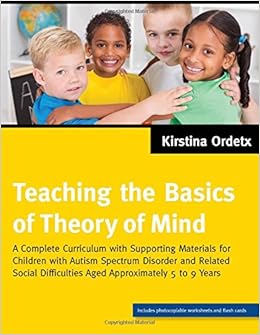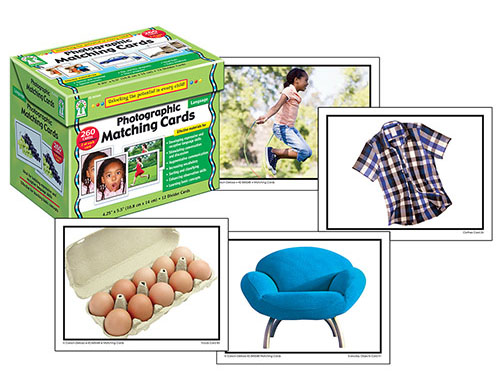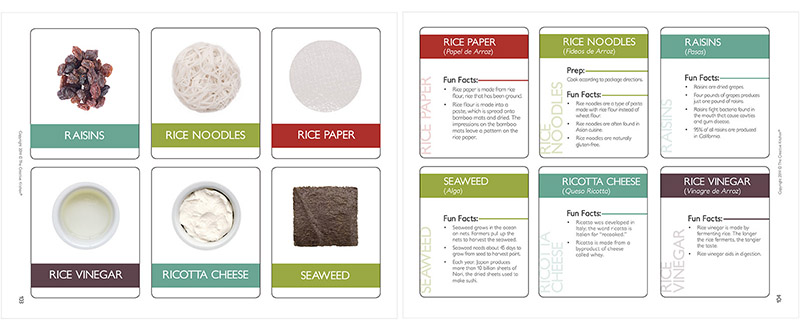 Recently I was working with a family to toilet train their son Jonathan, a six-year-old with autism. (Names and identifying characteristics have been changed to protect confidentiality.) When he eliminated in the toilet, part of his reinforcement was getting to watch the water go down the toilet after flushing. At some point, he developed the behavior of putting his hands into the toilet water as it was flushing.
Recently I was working with a family to toilet train their son Jonathan, a six-year-old with autism. (Names and identifying characteristics have been changed to protect confidentiality.) When he eliminated in the toilet, part of his reinforcement was getting to watch the water go down the toilet after flushing. At some point, he developed the behavior of putting his hands into the toilet water as it was flushing.
When I went in to observe the behavior, one of my goals was to identify the steps in the behavior chain. Pretty much everything we do can be viewed as part of a behavior chain, in which one action is a cue for the following action. For Jonathan, each time he placed his hands in the toilet water, the behavior chain looked like this:
Pulled up pants
Stepped towards toilet
Pressed button to flush toilet
Stepped back
Watched water as it flushed
Stepped forward again
Leaned down
Put hands in water
Behavior chains can be even more detailed than the one above, depending on the needs of your learner. Identifying the steps in the behavior chain for an undesirable behavior can have a huge impact on your interventions. For Jonathan, we were able to stop the behavior of putting his hands in the toilet water by interrupting the behavior early in the behavior chain. It’s too late and unsafe to stop him once he’s leaning forward to put his hands in the water. Through prompting, which we faded as quickly as possible, we changed his behavior chain to this:
Pulled up pants
Stepped towards toilet
Pressed button to flush toilet
Stepped back
Watched water as it flushed for 3-5 seconds
Stepped towards sink
Leaned forward
Turned on water
Put hands in water
Instead of waiting for him to engage in the inappropriate behavior, we redirected him several steps earlier in the chain, providing a gestural prompt toward the sink and had him start washing his hands 3-5 seconds after he had started watching the water flush. This was ideal for two reasons: first, it was the expected step in an appropriate toileting behavior chain and second, it provided an appropriate and similar replacement behavior since Jonathan was still able to put his hands in water.
This behavior chain was relatively easy to change. While it may not be as easy in some interventions you may try, it’s essential to remember to stop the behavior early in the behavior chain. It’s much easier to give a child an activity that requires use of their hands as soon as you see them lift their hands out of their lap than it is to remove their hand from their mouth if they’re biting it. And it’s much easier to redirect a child to put their feet back under their desk than it is to get them to stop once they’re sprinting out of the classroom. Looking at the behavior chain and considering when to intervene as a part of your intervention plan is quite possibly the extra step that will make your plan successful.
WRITTEN BY SAM BLANCO, MSED, BCBA
Sam is an ABA provider for students ages 3-12 in NYC. Working in education for ten years with students with Autism Spectrum Disorders and other developmental delays, Sam has developed strategies for achieving a multitude of academic, behavior, and social goals. Sam is currently pursuing her PhD in Applied Behavior Analysis at Endicott College.
 The Museum of Natural History’s ‘Discovery Squad’ meets on select Saturdays for children ages 5- 14, accompanied by an adult, before the museum is open to the general public. Specially trained museum guides will lead a 40 minute tour through the North American Hall of Mammals (ages 5-8) or on an adventure through the Koch Dinosaur Wing.
The Museum of Natural History’s ‘Discovery Squad’ meets on select Saturdays for children ages 5- 14, accompanied by an adult, before the museum is open to the general public. Specially trained museum guides will lead a 40 minute tour through the North American Hall of Mammals (ages 5-8) or on an adventure through the Koch Dinosaur Wing. Each month the Museum of Modern Art’s program ‘Create Ability’ follows a different theme through the galleries to explore the art work and workshops to create in the classroom. These workshops are intended for individuals with developmental or learning disabilities ages 5-18+ and are free with pre-registration!
Each month the Museum of Modern Art’s program ‘Create Ability’ follows a different theme through the galleries to explore the art work and workshops to create in the classroom. These workshops are intended for individuals with developmental or learning disabilities ages 5-18+ and are free with pre-registration!
 Temple Grandin and Jed Baker are speaking at this one day conference brought to you by Future Horizons.
Temple Grandin and Jed Baker are speaking at this one day conference brought to you by Future Horizons. Using principles from cognitive behavioral therapy, this evidence-based curriculum
Using principles from cognitive behavioral therapy, this evidence-based curriculum  This week only, use our promo code
This week only, use our promo code 



 WH Inference Question Cards
WH Inference Question Cards
 Valentine’s Day Bingo
Valentine’s Day Bingo

 Recently I was working with a family to toilet train their son Jonathan, a six-year-old with autism. (Names and identifying characteristics have been changed to protect confidentiality.) When he eliminated in the toilet, part of his reinforcement was getting to watch the water go down the toilet after flushing. At some point, he developed the behavior of putting his hands into the toilet water as it was flushing.
Recently I was working with a family to toilet train their son Jonathan, a six-year-old with autism. (Names and identifying characteristics have been changed to protect confidentiality.) When he eliminated in the toilet, part of his reinforcement was getting to watch the water go down the toilet after flushing. At some point, he developed the behavior of putting his hands into the toilet water as it was flushing.


